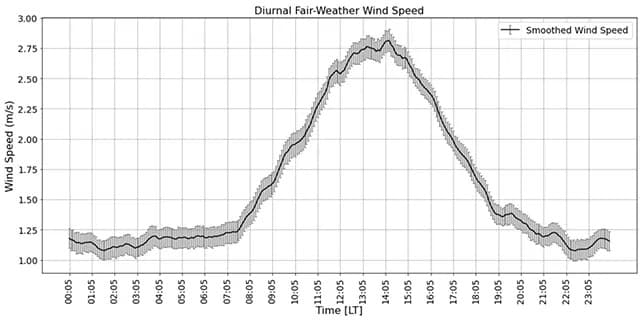Delhi's seasonal air pollution spiked to an average AQI of 425, prompting emergency measures: elementary schools moved online, construction was paused and people were urged to work from home. Hundreds protested at India Gate, some wearing gas masks and carrying banners that read "I miss breathing." Leading doctors urged vulnerable patients who can afford to do so to leave Delhi for 6–8 weeks, while a Lancet report estimated about 1.72 million outdoor-pollution deaths in India in 2022 — a 38% rise since 2010.
Delhi Air Turns 'Severe' (AQI 425): Schools Move Online, Protests Erupt and Doctors Urge Vulnerable to Leave

New Delhi — Air quality reaches 'severe' as city institutes emergency measures
City authorities have instructed elementary schools to shift to online lessons, halted construction activity and urged people to work from home after Delhi's seasonal pollution surged into the "severe" tier for the first time this season.
The Central Pollution Control Board (CPCB) classified the city's average Air Quality Index (AQI) at 425 — within the 400–450 range designated "severe" — a level that can cause serious health impacts for people with compromised respiratory or immune systems and can harm otherwise healthy individuals. The jump triggered emergency actions under the government's graded response plan.
Air quality in Delhi typically deteriorates at this time of year due to multiple factors, notably the seasonal burning of crop residue in nearby states and weather conditions that trap pollutants. Activists and residents say authorities have not done enough to curb the chronic problem.
Public protest and medical warnings
In an unusual public display, several hundred people gathered at India Gate over the weekend to protest the hazardous air. Some protesters wore gas masks as a symbolic gesture and held banners — one read: "I miss breathing."
Earlier this month, leading pulmonologist Dr. Gopi Chand Khilnani advised people with pre-existing health conditions who have the means to leave Delhi temporarily to consider doing so. "Everybody cannot afford to leave Delhi, because it is not simple," Khilnani told The Indian Express. "But those who have chronic lung disease or chronic heart disease, those who are on oxygen, and those who have the opportunity and ability to go abroad or to less polluted places, I very safely advise them to leave Delhi for 6-8 weeks from now, so as to protect themselves from the distress of breathlessness, the requirement of oxygen, and so on and so forth."
"Every breath in Delhi NCR today comes with a major health cost — we're seeing more patients struggling with breathlessness, asthma, and heart problems, especially among children, the elderly, and those with chronic diseases," said Dr. Harshal Ramesh Salve of the Centre for Community Medicine at the All India Institute of Medical Sciences (AIIMS).
Residents have reported increased incidents of coughing, eye irritation and breathlessness as the pollution spike takes effect.
Wider context
The Lancet's Countdown on Health and Climate Change 2025 highlighted a stark trend for India: an estimated 1.72 million deaths from outdoor air pollution in 2022 — roughly a 38% rise since 2010 — underscoring the long-term public-health toll of poor air quality.
What you can do: Health experts generally recommend that people limit outdoor activity while AQI is in the severe range, use well-fitting respiratory masks (such as N95/FFP2) when outdoors, and consider indoor air filtration where possible. Those with chronic lung or heart conditions should follow medical advice and, if feasible, consider temporary relocation to less polluted areas.
Help us improve.




























